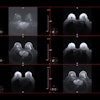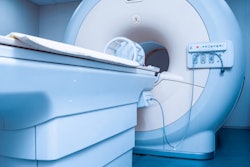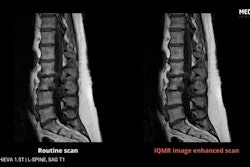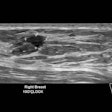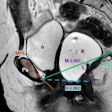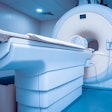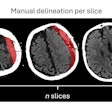A point-of-care, web-based clinical decision support tool shows promise for not only reducing the incidence of inappropriate CT or MR imaging but also patients' radiation exposure and even carbon emissions caused by unnecessary exams, researchers have found.
"[Our study found that] implementation of the point-of-care clinical decision support tool reduced the number of patients who simultaneously had a CT and MRI ordered for the same clinical indication compared to a standalone web-based clinical decision support tool," wrote a group led by medical student Amy Schranz of University College Dublin in Ireland. The team's findings were published on 8 January in Insights Into Imaging.
Inappropriate imaging can lead to delayed diagnoses, exposing patients to unnecessary radiation dose, worse patient outcomes, and poor patient experience, the group noted. At University College Dublin, the current imaging appropriateness guidance consists of a web-based clinical decision support tool, but Schranz and colleagues investigated whether adding a point-of-care component to it for a subset of head and neck cancer specialist referrers would reduce inappropriate imaging. The team collected CT and MRI neck data and assessed any relationship between imaging referrals before and after implementation of the point-of-care clinical decision support intervention; it also compared effective radiation dose and estimated carbon emissions.
The investigators found the following:
- An 8.2% overall reduction in advanced imaging volume.
- A 61% reduction in duplicate CT and MRI imaging (p < 0.0001).
- A shift in ordering behavior in favor of MRI (odds ratio, 1.5, with 1 as reference).
- A reduction in effective radiation dose of 0.27 mSv per patient – equivalent to 13 chest x-rays saved per patient (p < 0.0001).
"Utilization of the point-of-care clinical decision support tool led to a significant reduction in the effective dose per patient compared to the standalone web-based clinical decision support tool," the researchers reported.
They also noted that the reduction in unnecessary duplicate imaging led to a 13.5% reduction in carbon emissions (p = 0.0002).
Putting a point-of-care clinical decision support tool into place appears to have many benefits, according to Schranz and colleagues.
"The implementation of a point-of-care clinical decision support tool may reduce multimodality ordering and advanced imaging volume, manifesting in reduced effective dose per patient and reduced estimated carbon emissions … [and] widespread utilization of the point-of-care clinical decision support tool has the potential to reduce imaging wait times," they concluded.
The complete study can be found here.




